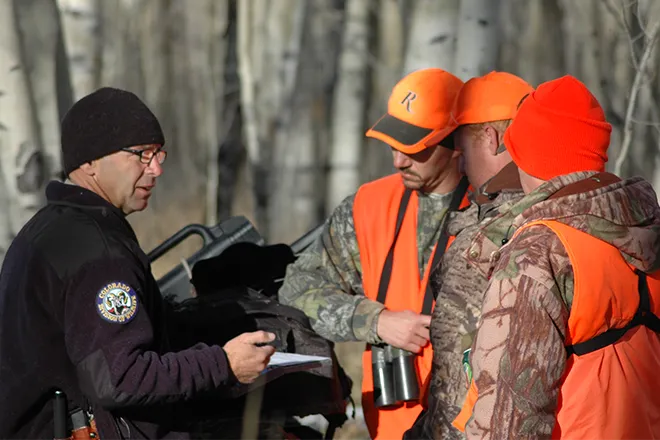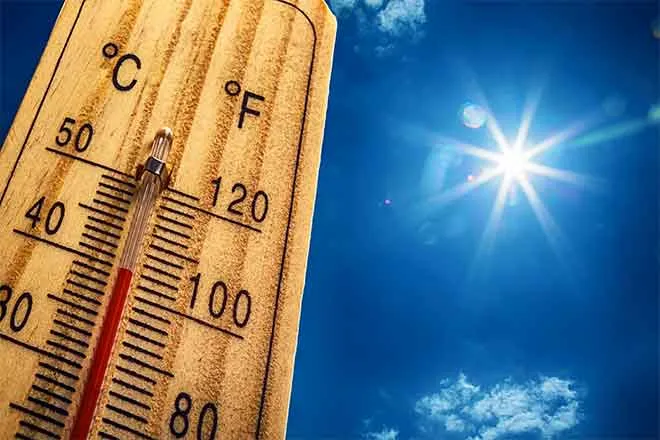
EPA sued again by environmental groups over Colorado ozone plan approval
(Colorado Newsline) The Environmental Protection Agency’s approval of Colorado’s plans to tackle ozone pollution is again being challenged in court by environmental groups, who say state and federal officials are failing to sufficiently scrutinize oil-and-gas-related emissions at the core of the problem.
The Center for Biological Diversity and 350 Colorado on Monday sued the EPA in the 10th Circuit Court of Appeals in Denver, over the agency’s decision, finalized in May, to approve a set of pollution-control regulations that Colorado officials submitted in 2021.
The regulations, known as a “state implementation plan,” are required under the Clean Air Act for a nine-county region in and around Denver that has struggled for decades to meet EPA health standards for ozone, a hazardous air pollutant. The EPA’s 2019 designation of the area as a “serious” violator of clean air laws required the state to enact stricter rules aimed at bringing the state into compliance by a July 2021 deadline.
The EPA’s administrative approval of Colorado’s 2021 plan comes even after the state missed that deadline, triggering a further downgrade from “serious” to “severe” noncompliance. Environmental groups and 38 local governments had urged the agency to disapprove key parts of the state’s 2021 plan, especially provisions relating to emissions modeling and control measures in the oil and gas sector.
“The EPA’s approval of this pollution-reduction plan, which we already know has failed, could have been straight out of George Orwell’s dystopian novel, ‘1984,’” Robert Ukeiley, a Center for Biological Diversity attorney, said in a statement Monday. “This government embrace of a plan that has already failed means the fracked gas and oil industry gets to keep spewing out pollution that causes asthma attacks and even death.”
Colorado’s downgrade to “severe” violator status has led to further rounds of revisions to the state implementation plan, a process overseen by the Air Quality Control Commission. In December, the AQCC approved another SIP that it acknowledged would fail to attain the EPA’s health standards. Officials have urged faith in the “iterative process” of policymaking under the Clean Air Act, and pledged to develop a set of strategies this year that would put the state on a path towards compliance by 2027.
Ozone, which peaks in the summer months, is formed by chemical reactions between sunlight and certain “precursor” pollutants, including nitrogen oxides and volatile organic compounds. Those precursors are emitted by a long list of local sources topped by oil and gas facilities, motor vehicles, industrial facilities and lawn and garden equipment, in addition to a significant amount of “background” ozone transported from other states and even overseas, according to state data.
In recent years, Colorado’s peak summer ozone levels have remained near 80 parts per billion. That’s above both the 75 ppb standard set by the EPA in 2008, and an updated 70 ppb limit that the agency enacted in 2015. Scientists say no level of air pollution is known to be safe, and the World Health Organization recommends a much lower ozone limit of roughly 50 ppb.
“We can’t continue to subsidize the fracking industry with our families’ health,” Micah Parkin, executive director of 350 Colorado, said in a statement. “The only real path to clean air in Denver and the Front Range is to phase out fracking and justly move to a renewable energy economy.”
The Center for Biological Diversity previously sued the EPA last July over its approval of an SIP revision made by Colorado in relation to the stricter 2015 ozone standard. The group’s challenge in that case also centers on what it argues is a lack of scrutiny of ozone precursor emissions from oil and gas sector. The case is still pending in the 10th Circuit after oral arguments were heard in May.
Colorado Newsline is part of States Newsroom, a network of news bureaus supported by grants and a coalition of donors as a 501c(3) public charity. Colorado Newsline maintains editorial independence. Contact Editor Quentin Young for questions: info@coloradonewsline.com. Follow Colorado Newsline on Facebook and Twitter.

















